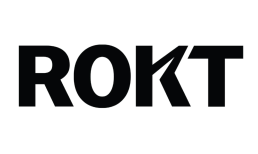The Office of the Comptroller of the Currency (OCC), Board of Governors of the Federal Reserve System and Federal Deposit Insurance Corp. (FDIC) said this in a joint statement released Monday.
The joint statement highlights potential risk-management considerations related to crypto-asset safekeeping, existing risk-management principles that apply to this activity, and reminders that banks that provide this safekeeping must do so in a safe and sound manner and in compliance with applicable laws and regulations, they said in a press release.
“The statement does not create any new supervisory expectations,” the release said. “The agencies continue to explore ways to provide additional clarity with respect to banks’ engagement in crypto-asset-related activities.”
In an earlier move, the FDIC and Federal Reserve said in April that they withdrew statements that discouraged bank involvement with crypto.
The regulators said at the time that they aimed to signal a new regulatory openness to banks engaging in digital asset activities, provided they do so prudently and within the bounds of existing law.
The FDIC said in an April 24 press release that it, the Fed and the OCC “are exploring issuing additional clarity with respect to banking organizations’ crypto-asset and related activities in the coming weeks and months.”
The OCC reclarified certain crypto banking permissions in March, saying it confirmed that crypto-asset custody, certain stablecoin activities and participation in independent node verification networks such as distributed ledger are permissible for national banks and federal savings associations.
Rodney E. Hood, who was acting comptroller of the currency at the time, said in a March 7 press release that the OCC expects banks to apply the same risk-management controls to novel bank activities as they do to traditional ones and that the OCC will treat these bank activities consistently, “regardless of the underlying technology.”
PYMNTS reported in April that these and other moves signaled that Washington’s evolving regulatory stance was poised to potentially reshape how banks and custodians engage with digital assets.




